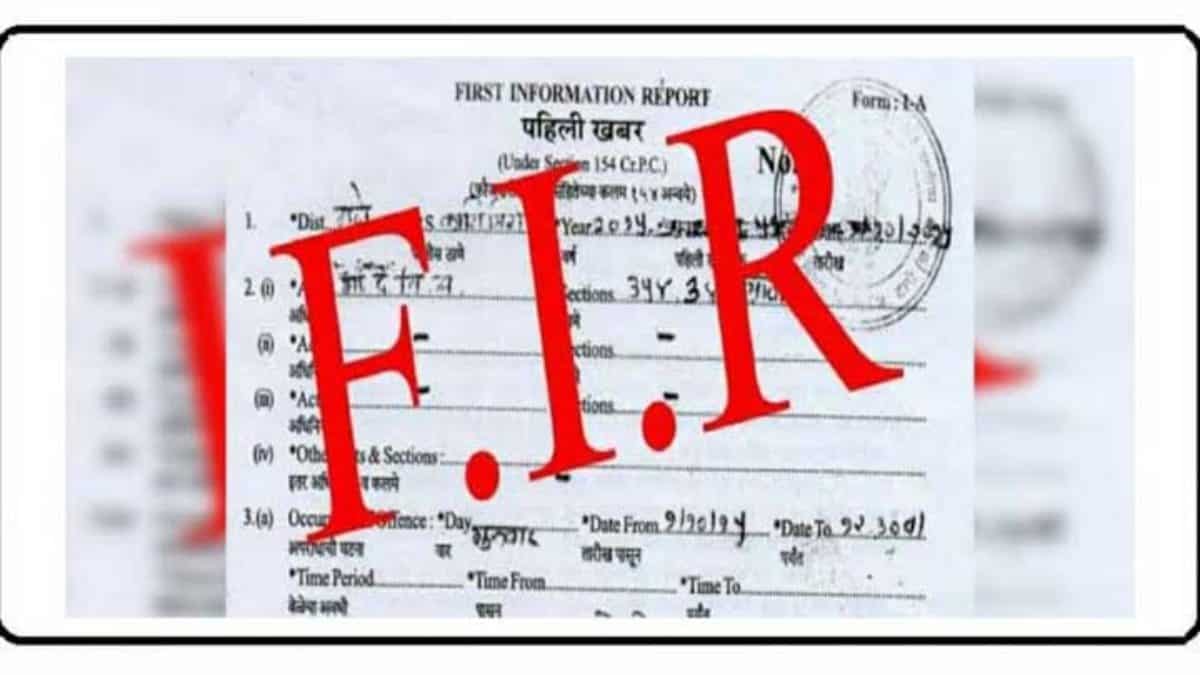
Inheritance Laws for Agricultural Land in India: Understanding Hindu and Muslim Perspectives

Inheritance laws for agricultural land in India are complex and vary significantly based on religion, state-specific regulations, and family structure. Understanding these laws is crucial for ensuring fair distribution of agricultural properties and resolving disputes.
This article explores inheritance laws under two primary frameworks in India: the Hindu Succession Act, 1956 and Muslim Personal Law (Shariat).
Hindu Perspective: Agricultural Land Inheritance
Under Hindu law, inheritance of agricultural land is governed by the Hindu Succession Act, 1956, as amended in 2005. However, some state laws may override central legislation for agricultural properties.
1. Key Features of the Hindu Succession Act
- Equal Rights for Women:
- The 2005 amendment grants daughters equal rights to inherit ancestral property, including agricultural land.
- Daughters can become coparceners (joint heirs) in the Hindu Undivided Family (HUF).
- Types of Property:
- Ancestral Property: Inherited up to four generations.
- Self-Acquired Property: Land purchased or acquired by an individual.
- Order of Succession:
In case of intestate succession (no will), agricultural land is distributed among legal heirs in the following order:- Class I heirs: Sons, daughters, widow, and mother.
- Class II heirs: Father, siblings, and other relatives.
2. State-Specific Variations
- States like Punjab, Haryana, and Himachal Pradesh have unique provisions for agricultural land to prevent fragmentation.
- Some states prioritize male heirs for agricultural land inheritance to preserve land holdings.
3. Rights of Widows and Children
- A widow has a legal claim to her deceased husband’s agricultural property.
- Sons and daughters (married or unmarried) are equally entitled to inherit agricultural land.
Muslim Perspective: Agricultural Land Inheritance
Muslim inheritance is governed by Muslim Personal Law (Shariat) Application Act, 1937, based on Islamic principles. Unlike Hindu law, it provides a fixed and predetermined share to heirs.
1. Principles of Muslim Inheritance
- Quranic Heirs (Sharers):
Specific shares are allocated to heirs such as spouses, children, parents, and siblings. - Residuaries:
Remaining property is distributed among residuary heirs (e.g., male relatives). - No Concept of Ancestral Property:
All inherited property is considered self-acquired under Islamic law.
2. Distribution of Shares
- Male vs. Female Heirs:
- Sons receive twice the share of daughters.
- A widow is entitled to one-eighth of her husband’s property if there are children; otherwise, she gets one-fourth.
- Parents:
Both father and mother are entitled to specific shares.
3. Agricultural Land Under Muslim Law
- Islamic law makes no distinction between agricultural and non-agricultural land.
- However, in states like Uttar Pradesh and Bihar, agricultural land is subject to state-specific inheritance laws rather than Muslim Personal Law.
Key Differences Between Hindu and Muslim Inheritance Laws
| Aspect | Hindu Law | Muslim Law |
|---|---|---|
| Basis of Inheritance | Governed by the Hindu Succession Act | Governed by Quranic principles (Shariat) |
| Property Types | Ancestral and self-acquired | All property is self-acquired |
| Gender Equality | Equal rights for sons and daughters | Sons receive twice the share of daughters |
| Widow’s Share | Equal rights to agricultural property | Specific fractional share (e.g., one-eighth) |
| State-Specific Laws | Some states override central laws | State laws may apply for agricultural land |
How to Prove Inheritance Rights
- For Hindu Law:
- Obtain a mutation certificate from the Revenue Department.
- Submit proof of relationship (e.g., birth or marriage certificate).
- Apply for a partition deed if there are multiple heirs.
- For Muslim Law:
- Prepare a succession certificate to claim the deceased’s property.
- Present relevant land records, identity proof, and death certificate of the deceased.
Common Legal Disputes and Remedies
1. Disputes Over Succession
- Hindu Law: Resolve through partition suits in civil court.
- Muslim Law: Approach a Sharia court or civil court for resolution.
2. Fragmentation of Land
- States may restrict division of agricultural land below a certain size to prevent fragmentation.
- Legal remedy: Consolidation of holdings under state land reform laws.
3. Contesting a Will
- Both Hindu and Muslim laws allow heirs to challenge a will if it violates their lawful rights.
Steps to Avoid Disputes
- Create a Valid Will:
- Clearly mention the distribution of agricultural property among heirs.
- Update Land Records:
- Ensure that ownership and mutation records are accurate.
- Seek Legal Advice:
- Consult a lawyer for drafting wills or resolving inheritance disputes.
- Mediation:
- Resolve conflicts amicably through mediation to avoid lengthy court battles.
Conclusion
Inheritance laws for agricultural land in India differ significantly based on religious frameworks and state-specific regulations. Whether governed by Hindu Succession Act or Muslim Personal Law, understanding the legal provisions is essential to protect your rights and resolve disputes effectively.
For more expert legal guidance on property rights and inheritance issues, visit LegalSathii.com and empower yourself with the right knowledge.

































Thank you so much sir for audio consultation and you are providing such a wonderful information…